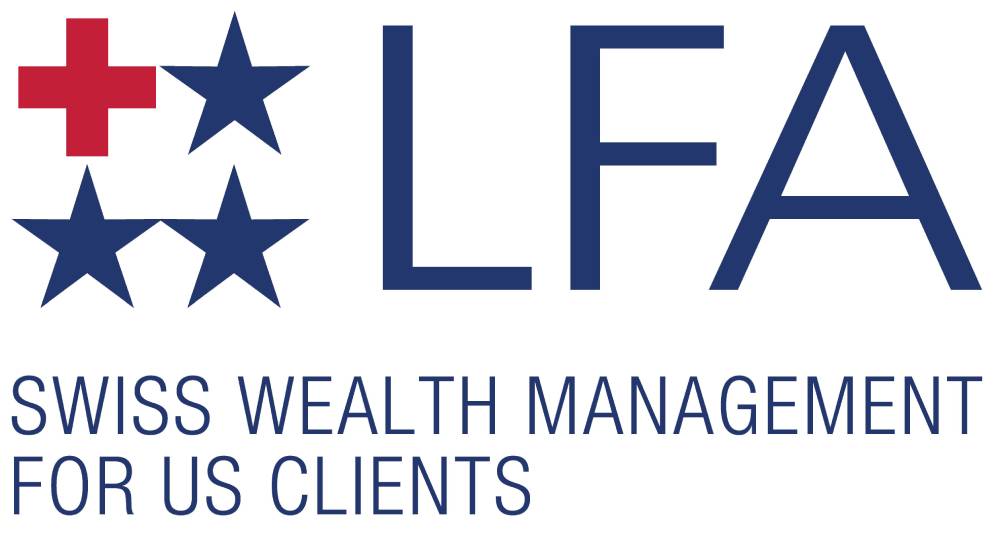The 2022 year was an eventful one, to say the least. As global tensions grew, investors across the globe saw the purchasing power of currencies across the world falter, they sought more stable currencies in the face of rising inflation. With such a tumultuous year behind them, investors are looking for hedges against inflation and investment strategies to help get them back on track in 2023.
Investing domestically is challenging enough, but investing globally in today’s markets can be daunting for anyone without the right plan. Choosing the right global investment strategy is vital for investors looking to navigate the markets during global tension and rising inflation.
2022 Review/2023 outlook of the Stock Market
Record high inflation, the fallout from the pandemic, and global conflict amalgamated in 2022 to make for quite the year for markets worldwide. With an eventful 2022 behind us, many investors are keeping an eye forward toward 2023, and many are concerned there may be a recession.
As an investor, you may be wondering where to put your money (and where to avoid). To make educated forecasts on what the markets might bring in the coming year, it’s necessary to look back and review 2022 first.
2022 saw markets down due to high inflation and interest rates. Three major variables contributed there:
1. A reduction in domestic consumption due to rising prices: As inflation skyrocketed the past year and prices soared, domestic consumption started to decline in response.
2. COVID-Zero policies: The COVID-Zero policies around the world shook markets, especially in China, where some economists have opined that the effects could be worse than the war in Ukraine.
3. EU recession due to high energy costs: Exacerbated by the war in Ukraine, high inflation, and a rapidly tightening monetary policy, the energy crisis in Europe has many expecting several European countries to suffer through a recession over the winter.
Although inflation showed its first signs of slowing down at the end of 2022, many economists are still concerned about the first half of 2023, believing that a recession may be on the horizon.
With 2022 behind us, all eyes need to look forward to 2023. Here are some stock market insights we believe may be relevant in the coming year:
Bonds: Based on the activity we saw with rates, it may make sense to increase the exposure of the Corporate Bonds segment to the Investment Grade instead of the HY segment. The logic behind this has to do with what we saw regarding its spreads rising to levels that are only typically reached during a recession.
Equities: The Health Care and Non-durable Consumption sectors could be favorable investments in 2023; they are enduring sectors that are typically far less sensitive to market and economic volatilities.
Swiss Francs: Investing in One of the World’s Most Stable Currencies
The Swiss franc has long been regarded as one of the most stable currencies in the world. This reputation has made Swiss wealth management firms world-renowned, and Swiss banks have long been considered a haven worldwide.
For example, amidst the European Debt Crisis of 2009, the world saw record-high interest rates and rising prices. Several European nations entrusted Swiss banks to store their wealth. Furthermore, U.S. investors also exchanged their domestic assets for Swiss alternatives as a reserve currency to reduce their exposure to the weakening U.S. dollar.
Switzerland has also elected to choose neutrality for centuries, even during worldwide conflicts. This impartial stance has been reflected in their companies and institutions, including their central bank. The Swiss franc has a robust financial history and is backed by a guarantee from the Swiss government that it is responsible for what is perhaps the most stable currency in the entire world.
Swiss income exceeds its expenses, making it one of the only countries that regularly post surpluses instead of deficits. This has led Switzerland to have a self-reliant economy that also provides the bedrock for the stability of its national currency, the franc.
Switzerland has a strong history of fiscal responsibility. Though smaller than West Virginia in size with a population smaller than New Jersey’s, Switzerland has a consistent history of budget surpluses. When it has posted deficits, they have been small, especially compared to countries like the United States.
How to Protect your Wealth from Inflation During Times of Global Tension

The past year has shown no shortage of record inflation rates and rising global tensions. Naturally, as an investor, you may seek out investments to protect your purchasing power over time in the face of inflation and rising global tensions.
As global conflicts wreak havoc in the markets, investors naturally flock to invest in different asset classes as an inflation protection strategy. However, a strategy many have not considered is investing in Swiss currency and researching what Swiss asset management could do for their portfolios amidst market volatility and global uncertainty.
Due to the higher Swiss standard of living (their prices and salaries are higher compared to other European countries), they typically see much lower inflation levels than the rest of the world. This is reflected in the stability of the Swiss franc, which has been used as a hedge against inflation by foreign investors for decades.
The strong Swiss franc pairs exceptionally well with their economy that efficiently and habitually avoids high inflation, making it easy to see why foreign investors have sought out the Swiss currency for its stability in the face of high inflation and global uncertainty for decades.
How Wealth Management in Switzerland can Diversify your Portfolio
Diversifying your portfolio is an important aspect of portfolio construction. Global investing represents one of the best ways to diversify your portfolio among different countries, economies, and currencies around the globe. Working with a Swiss wealth management firm can be a good way to create a global strategy that will create more investment opportunities, more stability, and the possibility for higher returns.
A solid global investment strategy also allows you to invest in the best companies in the world, regardless of where they are headquartered or earn most of their profits. For example, although Coca-Cola is headquartered in the United States, it makes most of its profits outside the country. In contrast, B.P. is headquartered in London but makes the lion’s share of its profits in the United States.
Investors who decide to invest in the global market have the potential to invest in companies that reach the world’s biggest cities, as opposed to simply investing in companies that only operate in their native country. There is no reason to limit your investment profits to a single country or region; this opportunity cost makes a global investment strategy a stellar option. Investing with a Swiss financial advisor in Switzerland ensures you will be working with Swiss-based financial advisors who understand the global market and how to appropriately diversify your portfolio according to your risk tolerance.
What to do as the Power of a Dollar Diminishes
A weakening U.S. dollar is often the harbinger of an economic downturn, rising inflation, or both. This is not good. But since we are mere investors and not the ones in control of the economy’s direction, we can (and should) only worry about what we can control in the form of our portfolios.

You can do this by investing in foreign currencies supported by solid economic fundamentals, a stable political climate, and discipline in public finances.
For longer-term strategies, investing in the stock market indexes of different countries whose currencies you believe will appreciate, or investing in sovereign wealth funds that governments trade currencies through, can provide you with exposure to more robust foreign currencies.
You can also continue to invest with U.S.-based companies. Although the company may be headquartered in the United States, if it derives most of its earnings from outside of the U.S., you may have limited exposure to the diminishing effects of the U.S. dollar.
Global Investment Strategy Options in the Face of the Weakening U.S. Dollar
As the U.S. dollar weakens, many investors based in the United States seek out investments in the global market to combat rising inflation and any negative effects seen in their portfolios. The impact of the weakening U.S. dollar on investments can be complex. Investors need to understand what effect exchange rates can have on financial statements, their relation to where goods are sold and produced, and the impact of raw material inflation.
While its causes can be complex and need to be understood to properly develop a strategy to profit in the face of the weakening dollar, there are a few things you should know to determine where and how to allocate your funds.
Simply put, if you are looking to include global investment strategies in your portfolio, you should consider foreign currencies. More importantly, the foreign currency that they believe will show the greatest resolve against the U.S. dollar as it weakens. Swiss francs have long been regarded as a hedge against inflation, and foreign investors have flocked to Swiss banks in times of global uncertainty for decades.
You can invest directly in Swiss currency in the form of the franc or use currency baskets or exchange-traded funds (ETFs).

Foreign stock market indices can also be a viable option so long as you believe that their currencies will appreciate over your chosen investment timeframe. Investors can also purchase commodities or invest in companies that support and/or participate in the commodity market. This includes exploration, production, and transportation.
predicting the timeline of the U.S. dollar depreciation can be difficult due to the multitude of factors contributing to it. Investing in stable foreign currencies can be a conservative strategy, such as the Swiss franc, which has long been heralded as one of the world’s most stable currencies. Other investment strategies include investing in U.S. exporters and tangible assets.

